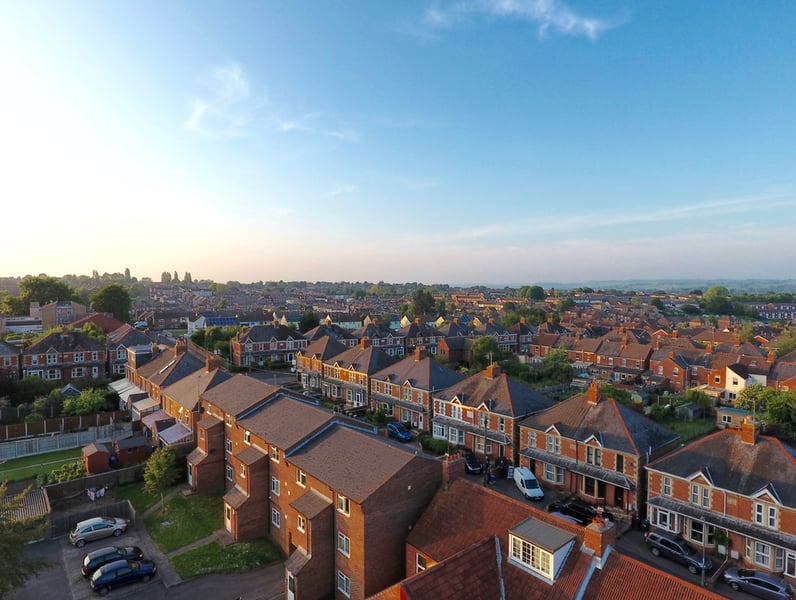There is as the level of pent-up demand returns to the market following the election result.

City house prices will rise by 3% over 2020 as the level of pent-up demand returns to the market in the wake of the election result, Zoopla’s UK Cities House Price Index has predicted.
It has registered anannual growth of 3.4% over the past 12 months.
At a city level, current house price growth ranges from 5.4% in Edinburgh to -0.7% in Aberdeen.
Richard Donnell, research and insight director at Zoopla, said:“In the wake of the election result, much has been made of the likely impact on the housing market and wider economy.
“The election result provides an element of certainty for households looking ahead to 2020, but the result changes very little in terms of housing market fundamentals.
“While we expect some pent-up demand to return to the market in Q1 2020, the affordability of housing across the country will dictate the level to which prices will increase in 2020.
“Lower mortgage rates have already been reflected in higher house prices, which means house prices are set to rise at a lower rate in future – more in line with average earnings.
“We expect UK city house prices to increase by 3% over 2020.”
London has registered the highest price growth over the past decade (74%) or an average price increase of £204,400, with the vast majority of this growth before 2016.
Modest house price falls in London over 2018 have resulted in the price to earnings ratio declining by 10% since 2017, from a 20-year high of 14 times in 2017.
The most affordable cities, with price to earnings ratios of less than six times, are expected to register growth of up to 4% over 2020.
These are led by cities including Glasgow, Belfast and Liverpool.
Donnell added: “That said, the most affordable regional cities still have some headroom for growth, and we expect them to register price growth of up to 4%.
“Growth will remain more muted in southern England despite modest improvements to affordability.
“We expect a limited boost to sales volumes in London over 2020, but for price growth to be constrained by affordability factors with London prices expected to rise by 2% over the year.
“Looking back over the past decade, lower mortgage rates and rising incomes explain most of the increase in house prices – rather than any unsustainable increased spending on housing, which has been limited by mortgage regulation.
“At the same time, the housing market has become less liquid – a result of economic factors and demographic change which has been compounded by higher levels of stamp duty and is a barrier to movement, especially in Southern England.
“As we start the next decade in housing, a top priority for the new government is to ensure we look to remove the barriers to households moving home, with housing policy catering to the different market conditions across the country, while increasing housing choice across all tenures.”



